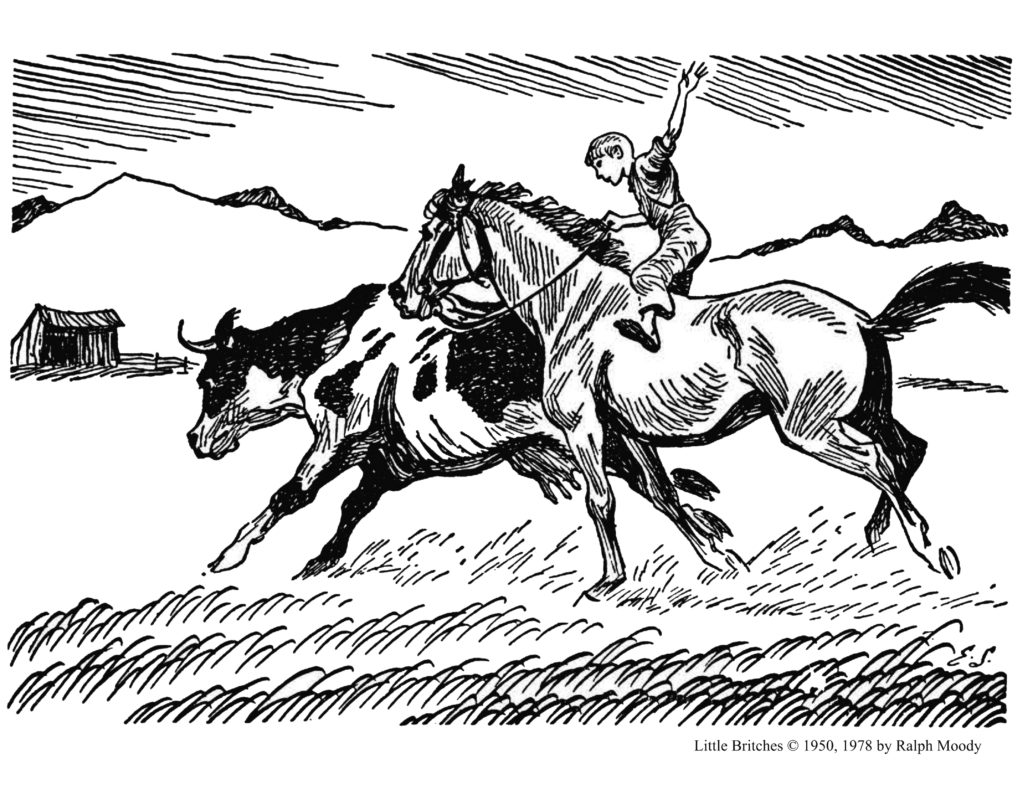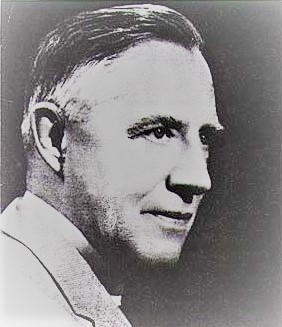I knew it was a lost cause, but late last month I did it anyway: bought a pound of peaches.
October peaches are not peaches, though they may look and feel and even smell fleetingly of the real thing. The rubbery texture is all wrong, for one thing: real peaches are tender with that least little bit of resistance before giving way under your teeth. The juiciness of a late-October imitation is stingy rather than generous, and as for the taste . . . an echo, maybe. Better than “peach flavored” teabags or candy, but nothing like an actual, tree-ripe, farmers-market peach, pouring out authenticity from the first touch to the last slurpy bite.

The same for raspberries, blueberries, cherries, honeydew and almost any other summertime fruit. Less true for apples and pears, but still. That tang, that bite, that complexity in flavor is impossible to duplicate artificially. For lack of a better term, I call it wildness.
The fruit itself isn’t wild—that’s important. The original peach, outside the original Garden, was probably leathery and more sour than sweet. But the potential was tucked within its wrinkly pit, and it was up to countless husbandmen, creative image-bearers, to graft and plant and variegate the fruit that we know today. There may be many varieties, cling and freestone, but they all share the same essence that belongs to that particular fruit and no other. I’ll bet Mesopotamian gardeners and English orchardmen experienced something of the same joy I feel when biting into the first real peach of summer.
Taste and see that the Lord is good. (Ps. 34:8)
A peach, a watermelon, a zucchini, a sweet potato are all good in their own way. There are many, many ways that the Lord is good. He is good as Creator of all the people around our Thanksgiving table, and all the bounty on that table. He is good as the granter of all my senses. He is good in the sweet, and perhaps especially in the sour. He is good in all the ways he’s unlike me. He is good in pleasure (when we often forget him) and even good in pain (where we can’t help but cry out to him). He is good in ease, and even better in difficulty. He is good in the familiar and the unexpected. He is good in sunlight and starlight, clouds and rain. He is good in too little and too much. Not a tame lion, not a loyal servant; not a vendor or a salesman; not predictable, not domesticated, not safe—
But good, in ways we don’t even know yet.
We can’t always feel that goodness, but sometimes we can taste it, even in something as common, and yet as extraordinary, as a peach.



